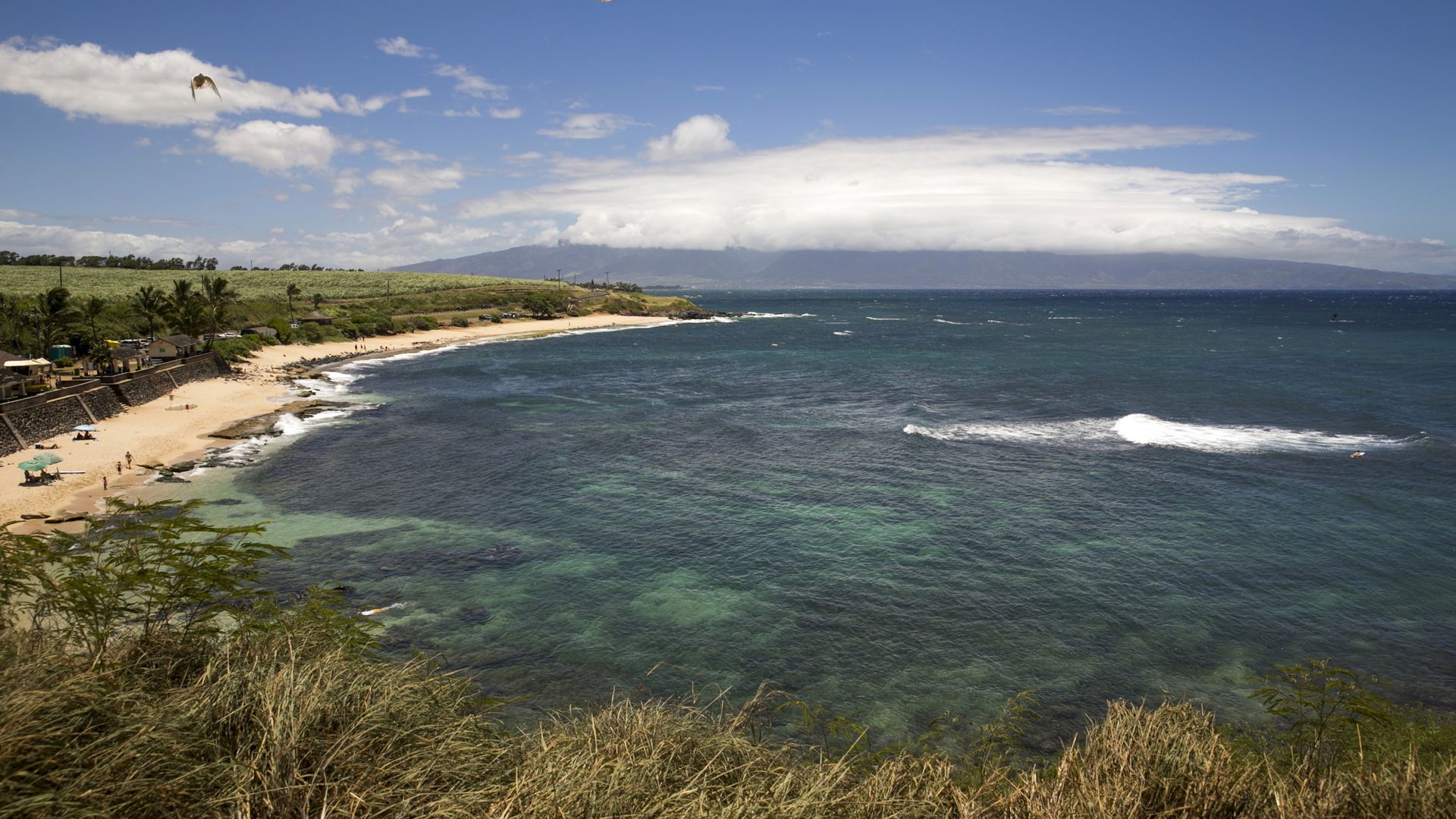
The BDN Opinion section operates independently and does not set newsroom policies or contribute to reporting or editing articles elsewhere in the newspaper or on bangordailynews.com.
Josh Gohlke is deputy California opinion editor for McClatchy and The Sacramento Bee.
Donald Trump’s logorrheic response to the Jan. 6 committee’s vote to subpoena him begins by all but acknowledging his culpability with a caps-lock reiteration of the lie that fueled the insurrection.
“Dear Chairman Thompson,” Trump politely addresses the Mississippi Democrat leading the panel before executing an abrupt tonal shift: “THE PRESIDENTIAL ELECTION OF 2020 WAS RIGGED AND STOLEN!”
From that unorthodox opening — whatever happened to “Thank you for your recent correspondence”? — the twice-impeached ex-president belches forth 14 pages of the sort of what-aboutist conspiracy theorizing and schoolyard name-calling any casual observer of his career might expect.
What can’t be found among any of the letter’s nearly 3,000 words, however, is an answer to the committee’s unanimous and succinct request that he testify under oath.
Some of Trump’s remaining cronies did pepper the press with meaningless assurances of his eagerness to testify, which reporters dutifully transcribed. But those claims carry about as much weight as his overwrought, under-edited letter.
The former president’s testimony, such as it is, will likely remain confined to such entrée-size word salads, anonymously sourced hearsay and Orwellian outbursts on his troubled social network, where his lies are literally rebranded as “truths.” But he won’t willingly testify in a forum where truths are sworn to and lies have legal repercussions.
All the credulous musing over whether Trump may or may not testify relies on a curious collective amnesia. A few long years ago, Trump pretended to be considering the prospect of cooperating with Special Counsel Robert Mueller’s star-crossed investigation. Mueller later acknowledged negotiating for an interview with Trump for over a year and considering a subpoena before concluding that it would lead only to further delay. He ultimately gave up on grilling Trump with nothing to show for his efforts.
On those occasions when Trump’s fantasies have been forced into the clarifying light of legal consequences, they have withered. His lawyer Rudy Giuliani, for instance, called the Pennsylvania election an “absolute fraud” in an infamous 2020 appearance outside Philadelphia’s Four Seasons — the landscaping company, not the hotel — but said absolutely the opposite when quizzed on the subject in a federal courtroom days later.
Last summer, after White House aide Cassidy Hutchinson offered damning testimony that Trump lunged at a driver who refused to take him to the riot, anonymous sources challenged her account in the press. But last week, committee member Rep. Pete Aguilar, D-California, said another witness has since corroborated Hutchinson’s story, adding that the panel has evidence of an attempt to obstruct testimony about the incident.
Trump’s inevitable refusal to voluntarily testify is in contrast to the cooperation of a host of Republicans. They range from relatively low-level functionaries such as Hutchinson to ranking figures such as former White House counsel Pat Cipollone. As Chairman Bennie Thompson noted last week, most of the committee’s evidence has come from Republicans.
Trump’s posture is also at odds with his criticisms of others who have clammed up under pressure. He has equated invoking the Fifth Amendment right against self-incrimination to an admission of guilt typical of a tight-lipped mobster.
While the ex-president is no legal scholar, that view isn’t without support in more expert circles. The Supreme Court has found that “adverse inferences” may be made about parties refusing to testify or otherwise produce evidence in civil matters.
During a court-ordered deposition in August, however, Trump told New York Attorney General Letitia James that he had finally come to understand the value of constitutional protection. Probably not coincidentally, he responded to most of the deposition, concerning allegations that he fraudulently inflated his wealth, by taking the Fifth more than 400 times.
Given the Department of Justice’s spotty recent record of enforcing congressional subpoenas, even that unproductive exchange may be more than the Jan. 6 committee can expect from Trump. His missing testimony says more than a mountain of words meant to distract us from its absence.










